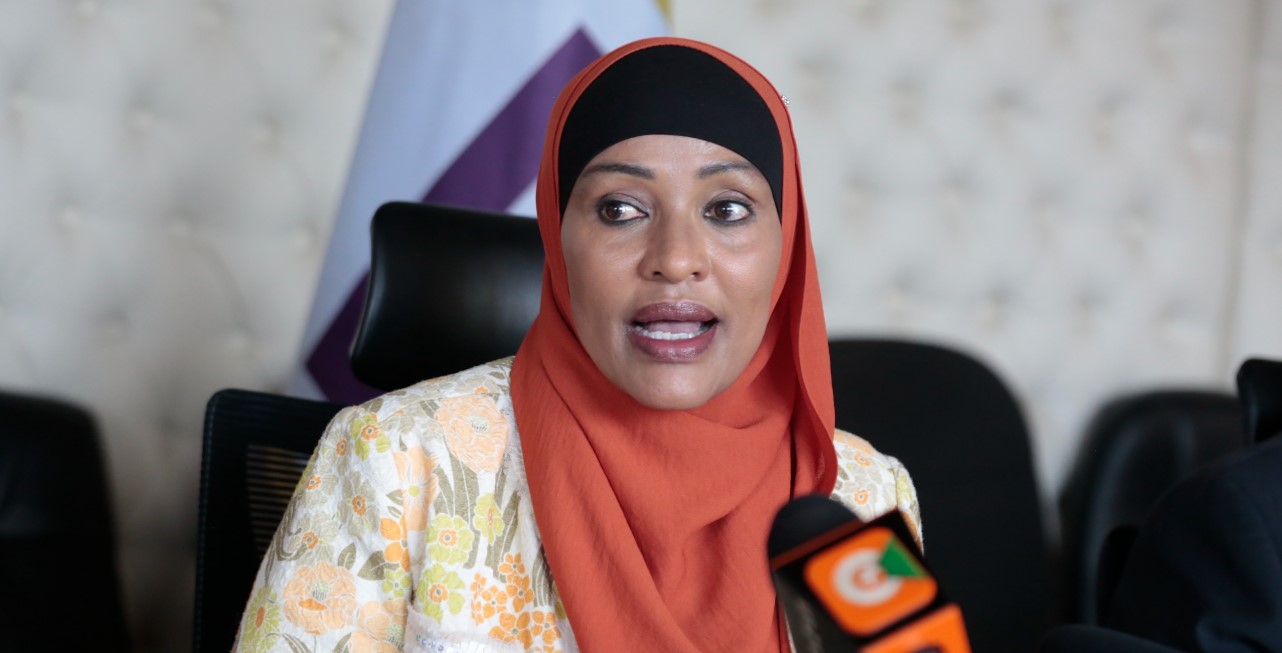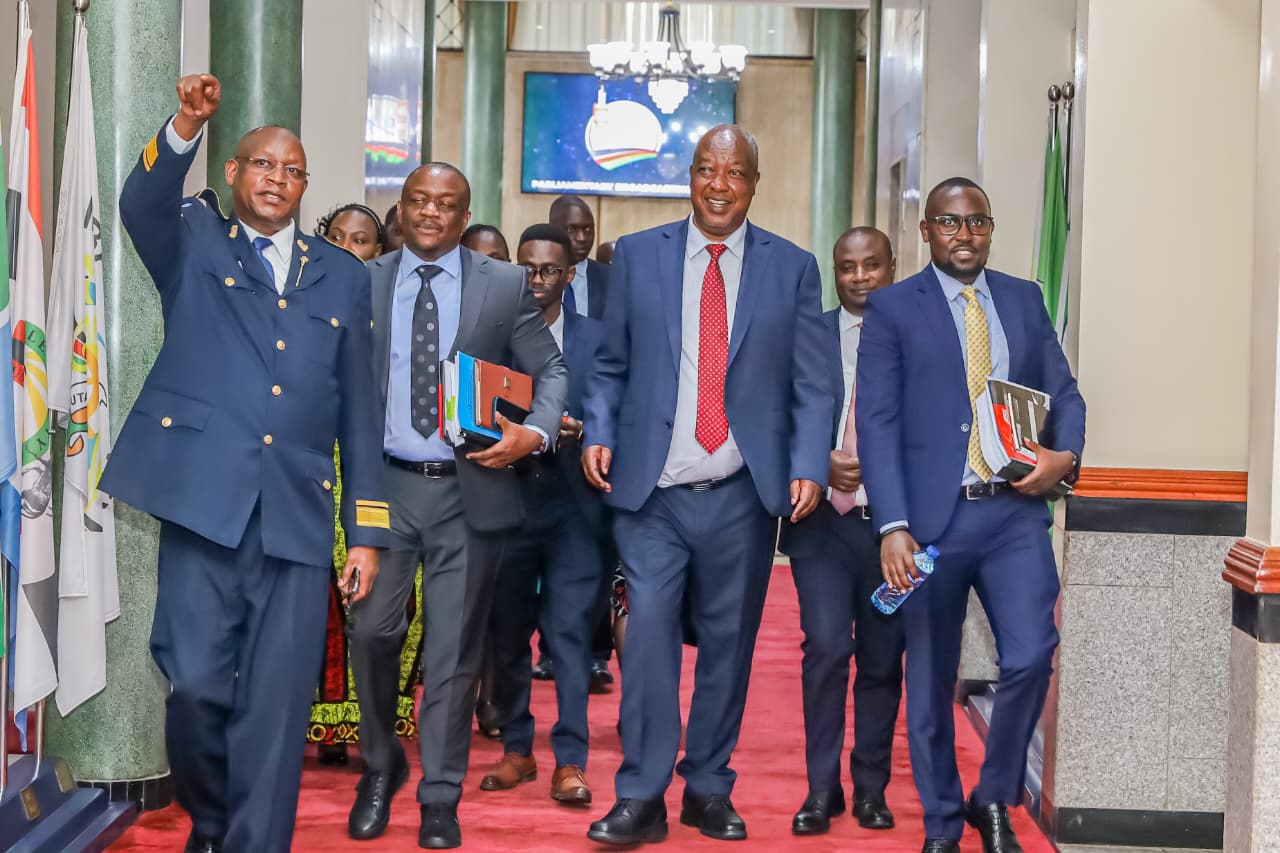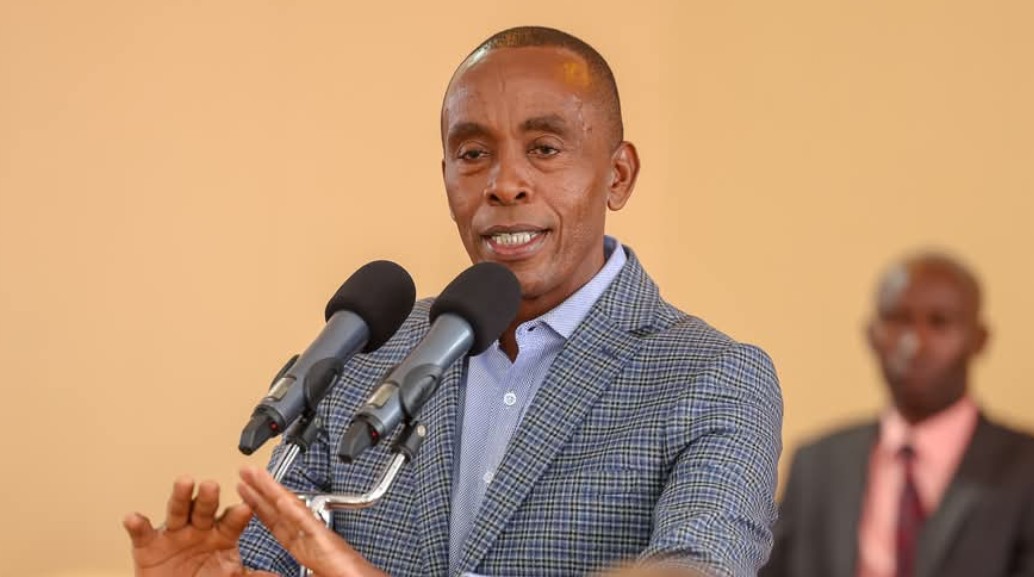Bill proposes new tax regulations for freelancers, gig workers

According to the Business Laws (Amendment) Bill 2024 proposed by the National Treasury, the revised definition of “employee” would cover individuals working for wages, remotely or on-site, even temporarily.
A new Bill introduced in Parliament seeks to expand the definition of employment to include freelancers and gig workers, subjecting them to formal taxation and statutory benefits.
According to the Business Laws (Amendment) Bill 2024 proposed by the National Treasury, the revised definition of “employee” would cover individuals working for wages, remotely or on-site, even temporarily. This aims to bring Kenya’s gig economy under formal tax regulations.
More To Read
- KRA extends tax filing deadline by one day after taxpayers faced technical hitches
- KRA waives Sh165 billion in penalties as over three million Kenyans benefit from tax amnesty
- State slashes digital transfer tax to 1.5 per cent to boost tech sector
- KRA surpasses Sh2 trillion in revenue collection as growth hits 6.1 per cent
- Treasury targets foreign firms in public tenders with fresh tax proposal
- Treasury revives plan to grant KRA real-time access to personal data in push for more tax
“Employee means a person who is employed for wages or a salary and includes an apprentice, indentured learner, and a person who performs his duties remotely or on-site within a business process outsourcing arrangement or an information technology-enabled service,” reads the Bill.
The change means that many freelancers, who have been outside the formal tax net, would now be subject to statutory deductions like salaried workers. While the government presents this as part of a broader effort to “create a conducive environment for doing business,” there are growing concerns that it may harm Kenya’s informal economy.
The Bill also mandates that businesses employing freelancers, whether on a short-term or long-term basis, must provide them with necessary tools, equipment and statutory benefits. Critics worry that these provisions will increase costs for companies, potentially leading them to shy away from hiring gig workers altogether.
The Bill’s requirement for companies to provide freelancers with the necessary tools and equipment could further reduce freelancers’ take-home pay, increasing their financial burdens.
Additionally, employers would be burdened with calculating and deducting taxes and benefits, costs that may eventually be passed on to the workers themselves. This could result in reduced disposable income, further depressing consumer spending and potentially impacting demand in other sectors of the economy.
“The employer shall ensure that an employee working remotely or on the employer’s site is provided with the necessary tools, equipment, and resources to effectively perform his duties,” reads the Bill.
Conducive environment
“The purpose of the Bill is to amend various statutes to create a conducive environment for doing business.”
The Bill also redefines a “self-employed person” to include anyone earning income outside of a formal employment contract, even if they do not employ others. This would extend to people in sectors like music, transportation (taxi drivers) and construction, all of whom would now face new statutory deductions.
The proposed amendments come amid efforts by Treasury Cabinet Secretary John Mbadi to expand Kenya’s tax base.
Recently, Mbadi highlighted the challenge of continuing to raise revenue through direct income taxes, as these may reduce disposable income and overall demand for goods and services.
“We cannot continue increasing rates on direct income, employment income, or other direct taxes,” Mbadi said in Parliament.
“Direct taxes have the potential of reducing disposable income, which again reduces demand for goods and services—ultimately affecting production and employment.”
Mbadi has emphasised the importance of identifying alternative sources of revenue to support the government’s fiscal policies.
“There are many Kenyans out there who are very capable of paying taxes, but because they are not visible, they are not paying,” he said in a during an interview with Citizen TV, pointing to untapped sources like rental income, which could contribute significantly more to tax revenue.
The Bill, first introduced in the Senate on March 18, 2025, is now under review by the Standing Committee on Trade, Industrialization, and Tourism. The Committee will facilitate public participation and consider the views of the public before submitting its report to the Senate.
The Business Laws (Amendment) Bill seeks to amend several key laws, including the Employment Act, the Occupational Safety and Health Act, and the Land Act. The changes aim to formalise informal sectors and improve business operations across various industries.
With Kenya’s gig economy expanding rapidly, the proposed amendments represent a major shift in how self-employed individuals are regulated under Kenyan law.
The move is expected to have significant implications for freelancers, business owners, and the broader economy, as it aims to bring many previously untaxed sectors under formal tax systems.
The public has now been invited by the Senate to submit any representations they may have on the Bill by way of written memoranda.
The memoranda may be submitted to the Clerk of the Senate, P. O. Box 41842-00100, Nairobi, hand-delivered to the Office of the Clerk of the Senate, Main Parliament Buildings, Nairobi, or emailed to [email protected] and copied to [email protected].
Submissions should be received by Tuesday, April 15, 2025, at 5 pm.
Top Stories Today












































